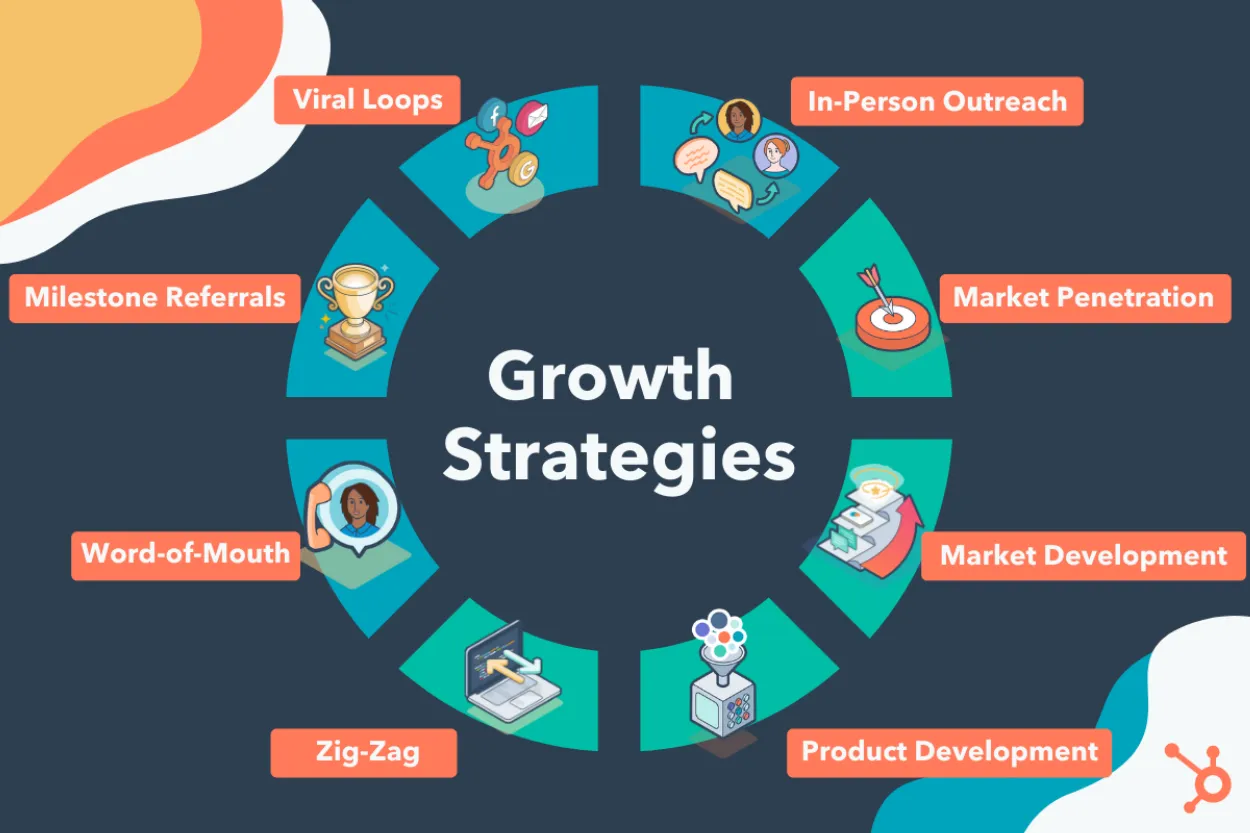Strategic planning plays a pivotal role in driving business growth. It involves setting clear goals, evaluating market opportunities, and developing effective strategies to capitalize on them. In this article, we will explore the importance of strategic planning and how it can help businesses thrive in an increasingly competitive landscape.
Creating a Vision for Long-Term Success
In strategic planning for business growth, it is crucial to have a clear vision of where you want your company to be in the long run. A well-defined vision provides direction, purpose, and motivation for the entire organization.
When creating a vision for long-term success, consider the following:
- Define your objectives: Begin by identifying your company’s goals and objectives. What do you aspire to achieve in the long term? Ensure that these objectives align with your mission statement.
- Identify market trends: Stay updated with market trends and anticipate the future demand for your products or services. Understanding the evolving needs of your target audience will help shape your vision.
- Consider your values: Reflect on your company’s core values and how they align with your long-term goals. Your vision should be based on these values and resonate with both your employees and customers.
- Engage your team: Involve your team members in the vision-building process. Encourage their input and ideas as they can contribute valuable perspectives and insights.
- Set measurable milestones: Break down your long-term vision into smaller, achievable milestones. These milestones serve as checkpoints, allowing you to track progress and make necessary adjustments along the way.
A compelling vision inspires and guides your strategic planning efforts. It provides a roadmap for growth and success, helping your business navigate challenges and seize opportunities.
Analyzing Market Opportunities
In the world of business, strategic planning plays a crucial role in determining the growth and success of a company. One key aspect of strategic planning is analyzing market opportunities. By identifying and understanding market opportunities, businesses can make informed decisions and develop effective strategies to achieve sustainable growth.
Market opportunities refer to favorable conditions or circumstances that offer the potential for a company to sell its products or services profitably. These opportunities can arise from various factors such as changes in consumer behavior, emerging technologies, new market segments, or gaps in the competition. However, identifying market opportunities requires careful analysis and research.
To analyze market opportunities, businesses can utilize different approaches. One common method is conducting market research to gather data and insights on consumer needs, preferences, and trends. This information helps businesses identify gaps in the market and understand the demand for new products or services.
Furthermore, businesses can analyze the competitive landscape to assess their position and identify areas of opportunity. This involves evaluating the strengths and weaknesses of competitors, analyzing their strategies, and determining ways to differentiate and gain a competitive advantage.
Another aspect of analyzing market opportunities is assessing the external environment. This includes considering factors such as economic trends, regulatory changes, social influences, and technological advancements. By understanding these external factors, businesses can anticipate market shifts and align their strategies accordingly.
Overall, analyzing market opportunities is essential for businesses seeking to achieve growth and profitability. By carefully studying the market, businesses can identify untapped potential, develop products or services that meet customer needs, and position themselves effectively in the competitive landscape. Through strategic planning based on market analysis, businesses can seize opportunities and drive long-term success.
Implementing Effective Strategies
Strategic planning plays a crucial role in achieving business growth. To ensure success, businesses need to implement effective strategies that align with their goals and objectives. Here are some key steps to consider:
-
Define your objectives:
Start by clearly defining your business objectives. This will provide direction and focus for your strategic planning process.
-
Analyze your business environment:
Conduct a comprehensive analysis of your internal and external business environment. Identifying strengths, weaknesses, opportunities, and threats will help you make informed decisions.
-
Set measurable goals:
Establish specific, measurable, achievable, relevant, and time-bound (SMART) goals. These goals should be aligned with your overall business objectives.
-
Develop action plans:
Create action plans that outline the steps and resources required to achieve your goals. Consider assigning responsibilities and setting deadlines to keep everyone accountable.
-
Monitor and evaluate:
Regularly monitor and evaluate the progress of your strategies. This will enable you to identify any gaps or areas for improvement and make necessary adjustments.
-
Communicate and involve stakeholders:
Effective communication is key to successful implementation. Involve key stakeholders, such as employees and customers, in the planning and execution process.
-
Adapt and innovate:
Be adaptable and willing to embrace change. Continuously evaluate and update your strategies to remain competitive in an evolving business landscape.
Implementing effective strategies requires careful planning and execution. By following these steps, businesses can increase their chances of achieving sustainable growth and staying ahead of the competition.
Conclusion
Strategic planning plays a crucial role in driving business growth. It enables organizations to identify their goals, assess market trends, and develop effective strategies to achieve sustainable growth. By implementing a well-planned strategy, businesses can navigate through challenges, capitalize on opportunities, and stay ahead of the competition. Investing time and resources in strategic planning is essential for any business looking to thrive in today’s dynamic and competitive landscape.




